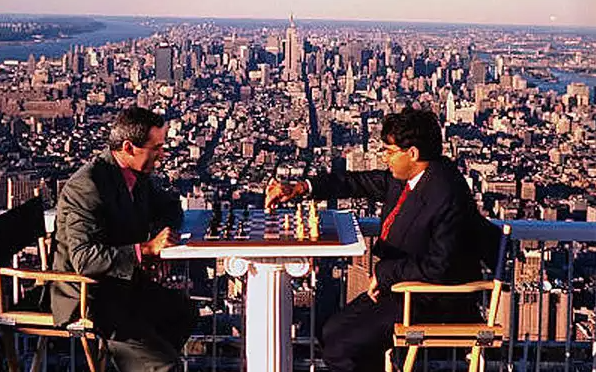Marketing has changed so much in the past twenty years. Gone are the days of spending $10k per year on ads in the Yellow Pages and waiting for the phone calls to roll in.
No matter if you have your own business, a personal brand, or a product, marketing yourself or your business is a part of doing business or getting a job.
What you share online is important, but that is such a big issue to consider that I will set it aside for the purposes of this short blog post I am writing today.
The key is to promote yourself online every day. The market is not too saturated and people are not going to grow sick of you. Well, eventually people will get tired of you, but it takes such an incredible amount of over-sharing of useless, valueless information before people grow sick of you.
We must promote ourselves every day. Share your work, your brand, your opinions, everything.
The people that love you will become customers. The people who choose to follow you will become students. Some might hate you, but who cares? Don’t live for other people. And some will ignore you, but so what, they ignore you anyway if you don’t share.
Virtually nobody shares themselves and their projects enough. Do a little bit every day.


